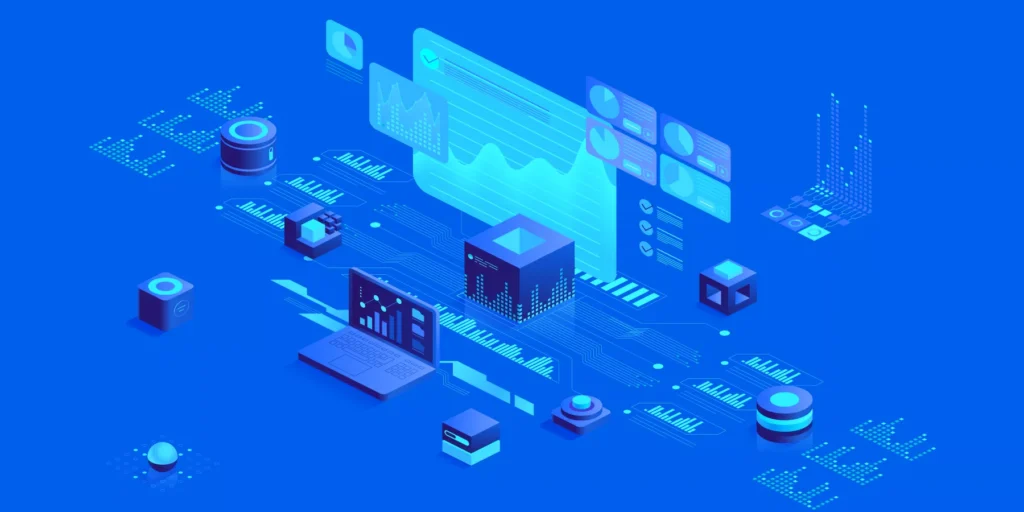6 Ways Remote Work Will Change the Office Culture as We Know It
‘’When will life go back to normal?’’— A question that has been riddling us all for almost two years now, with no definitive signs to follow.
Well, if there’s one thing we can tell for sure, it’s that we need to replace our idea of ‘normal’ with the new normal in the post-pandemic chapter.
By now, almost every single job in the world has been hit by the COVID-19 pandemic. No matter where you are or which industry you’re in, you can feel the impact.
Maybe you’re experiencing a drop or boost in sales? Had to start doing some tasks differently? Or perhaps, like millions of employees around the world, your company has shifted to a fully remote-work approach.
While this unprecedented need for remoteness was sparked by necessity rather than choice, it’ll change many intertwined aspects of our lives forever. Including the office culture as we know it.
‘’But why so?’’ you may ask. Isn’t the whole ‘Social distancing’ practice what fuels this need for remote work? When the former is gone, so should the latter.
Not exactly my friend. This global need for remote work has been ever-present, COVID-19 simply highlighted why and forced it into action.
6 Ways We Predict Office Work Will Change in the Future
(including some technologies that will keep booming on going forward):
1. Better ‘remote work’ policies
The signs are clear.
Unparalleled environmental impact. Long-term cost savings. Less traffic. Reduced oil consumption. Disease control.
The world now realizes that remote work is no longer a ‘luxury’ but an approach that can visibly transform our global and domestic communities.
With that, many businesses will start offering more flexible remote work policies, treating it as a business asset rather than a limited privilege granted to a few employees only.
2. The Fixation on ‘at-the-Desk’ Time
For ages, management has been fixating on how long employees sit at their desks, with managers monitoring their teams 8-9 hours a day.
Now remote work has challenged all that, giving employees the freedom to work better without the typical in-office scrutiny. It’s also shown managers that this ‘old-fashioned’ type of monitoring is counterproductive.
To that, remote monitoring tools like GAT Shield will continue to witness large demand as managerial styles change and adapt to new technologies that provide better insight into employee productivity.
3. How Teams Collaborate
Cloud collaboration tools like G Suite have revolutionized the way teams work, and now they’ve proven to be the life and blood of business operations more than ever before.
It only makes sense that companies will continue to embrace this shift to the cloud as opposed to on-site face-to-face collaboration, with a focus on boosting and complimenting their digital workplace capabilities.
4. Cloud Computing Security Measures
Over the coming years, we can expect the world at large to dedicate plenty of time and resources towards preparing for crises — A lesson-learned universe!
Now with cybercriminals taking full advantage of the pandemic to launch intensified and sophisticated cyberattacks, businesses will want to be well prepared for that.
Hence, the demand for remote security tools will soar along with the continued acceleration of cloud-based services, replacing traditional on-premise security methods.
Constant identity verification tools that rely on typing behavior like Active ID, for instance, will be marking a new age of Zero-trust security in a more digitized office environment.
5. Bye Bye Crammed Offices
Huge corporate buildings, host thousands of employees every day, queueing for elevators, coffee, and working all day in close proximity.
Then comes something like the seasonal flu which takes down entire teams for days or even weeks. Sounds familiar? — Well, you might start seeing less going forward.
Many companies will be moving towards a more ‘distributed workforce’ approach as opposed to hosting all teams onsite at all times.
Meanwhile, investing in expensive headquarters will no longer be a top budget priority, as home office stipends become a common perk.
6. New Office Hygiene Standards
Employees now will expect distance, sanitization, and personal space at the office. To that, we’ll see new office hygiene standards at the office.
You can expect more touchless fixtures assigned to common space, like automatic sanitizer dispensers and the use of biometric commands like voice-detection technologies for instance.
Unassigned seating and shared devices may also become a thing of the past as employees will want more control over their personal space and belongings.
Insights That Matter. In Your Inbox.
Join our newsletter for practical tips on managing, securing, and getting the most out of Google Workspace, designed with Admins and IT teams in mind.







